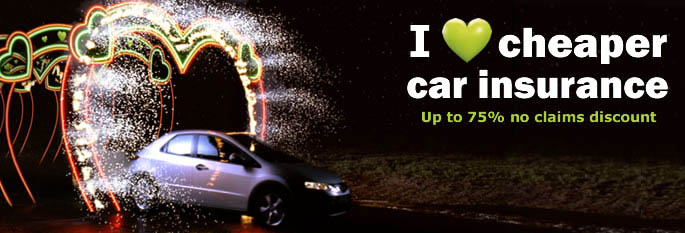LV= has revealed a 64% rise in the number of drivers being clamped in the last year. Municipal clampers typically charge £116 and private clampers £120, with the legality of private clamping companies currently under dispute.
According to the research from car insurer LV=, local councils took £21m in clamping fees over the last 12 months compared with £58m taken by private clamping firms.
It’s not just the fines drivers have to pay; according to the research 4% of drivers who had their car clamped ended up with damage to their vehicle adding to their financial woes.
As the private clamping industry is currently unregulated, motorists have no official route of complaint or to get money back in the event of being unfairly clamped. Driver who find themselves in this situation are advised that the most effective route of complaint is to send a letter via recorded delivery including relevant photography of the clamped vehicle and localised area.
The rise in clamping by private firms has been particularly dramatic over the last 12 months, increasing from 292,023 incidences to 486,705 incidences, year on year.
The most common reason cited by people for parking on private land is the lack of available legal parking spaces in the vicinity (12%). LV= is calling on the government to increase legislation on private clamping companies and increase the number of parking spaces available.
17% of drivers believe they were clamped even though they were being parked legally and 59% said there was little or no warning displayed to indicate they were parking in a private space.
Moreover, 11% of those clamped by private individuals said their vehicle was not released immediately, even after they had paid the release fee. And a number of the motorists interviewed said they received high levels of abuse from private clampers.
John O’Roarke, managing director of LV=Â car insurance, said: “What we’re seeing is a huge surge in the number of drivers being landed with unreasonable and extortionate fines. Private clampers make millions every year and in some cases are using intimidating and aggressive tactics to raise money from drivers who have unknowingly parked in the wrong place.
Via EPR Network
More Financial press releases

